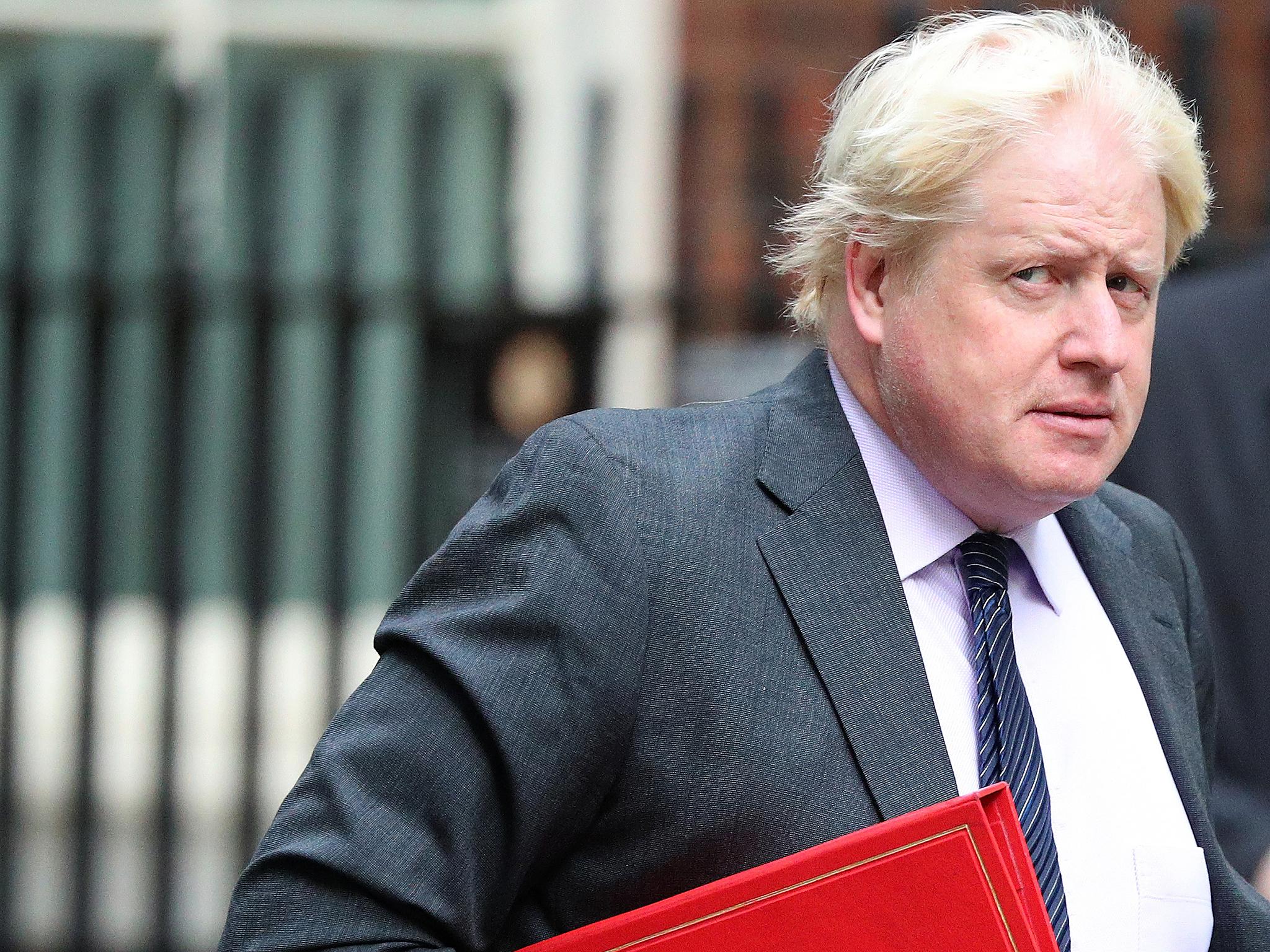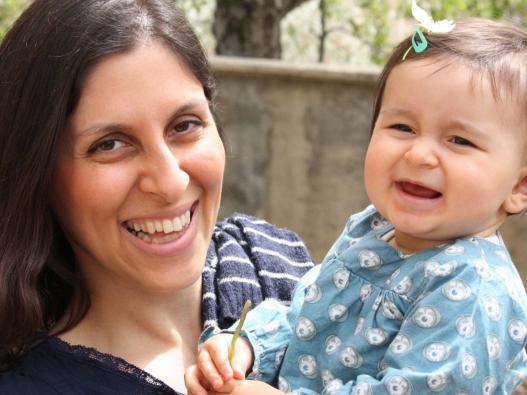Britain to transfer outstanding £400m debt to Iran in coming days, Iranian ambassador says
Envoy denies reported payment is linked to case of jailed British mother Nazanin Zaghari-Ratcliffe

Your support helps us to tell the story
From reproductive rights to climate change to Big Tech, The Independent is on the ground when the story is developing. Whether it's investigating the financials of Elon Musk's pro-Trump PAC or producing our latest documentary, 'The A Word', which shines a light on the American women fighting for reproductive rights, we know how important it is to parse out the facts from the messaging.
At such a critical moment in US history, we need reporters on the ground. Your donation allows us to keep sending journalists to speak to both sides of the story.
The Independent is trusted by Americans across the entire political spectrum. And unlike many other quality news outlets, we choose not to lock Americans out of our reporting and analysis with paywalls. We believe quality journalism should be available to everyone, paid for by those who can afford it.
Your support makes all the difference.Britain is to pay Iran more than £400m, the country’s ambassador to the UK has claimed.
Hamid Baeidinejad said the amount was an “outstanding debt” but was not linked to the case of Nazanin Zaghari-Ratcliffe – the dual British-Iranian national who is in prison in Iran.
Writing on his Telegram account, Mr Baedinejad said: “An outstanding debt owed by the UK to Tehran will be transferred to the central bank of Iran in the coming days. The payment ... has nothing to do with Nazanin Zaghari-Ratcliffe’s case.”
It had been widely reported in recent days that the UK Government was considering paying the amount to help persuade Iran to release Ms Zaghari-Ratcliffe, who was seized by Iranian authorities during a family holiday in April 2016.
Iran claims she was plotting to topple the government there – an allegation strongly denied by her family, the British Government and her employer, the Thompson Reuters Foundation.
Her plight received fresh publicity after Boris Johnson, the Foreign Secretary, erroneously told a parliamentary committee that Ms Zaghari-Ratcliffe had been “training journalists” in Iran. Facing heavy pressure and calls for him to resign, Mr Johnson later admitted this was untrue.
Britain owes Iran around £450m for a cancelled arms deal in the 1970s. The deal was made with the country’s then Shah, and would have seen 1,750 tanks and other vehicles sold by Britain to Iran. However, the Shah was toppled in the Islamic Revolution of 1979 and almost none of the vehicles were delivered. Britain kept the money, sparking a decades-long legal wrangle between the two countries.
The UK has since agreed to pay back some of the debt, but says it is unable to transfer the money because of international sanctions on Iran.

The amount was reportedly transferred to a bank account controlled by the High Court in 2002, but has not been passed on to Iran. Talks to resolve the issue have been going on for many years.
The Sun reported earlier this week that Mr Johnson and Philip Hammond, the Chancellor, have now authorised the payment to Iran to finally settle the dispute.
Officially, the UK Government does not make ransom payments. The Foreign Office said the issue of the debt owed to Iran was unrelated to the case of Ms Zaghari-Ratcliffe.
A government spokesperson said: “It is wrong to link a completely separate debt issue with any other aspect of our bilateral relationship with Iran.”
Speaking after meeting Mr Johnson, Ms Zaghari-Ratcliffe’s husband Richard Ratcliffe said her release was a matter of justice rather than bargaining, but added: “It is important that the UK honours its international legal obligations, so that Iran can honour its legal obligations.
“They are separate things, but it is good for the atmosphere if they are all served.”
Join our commenting forum
Join thought-provoking conversations, follow other Independent readers and see their replies
Comments